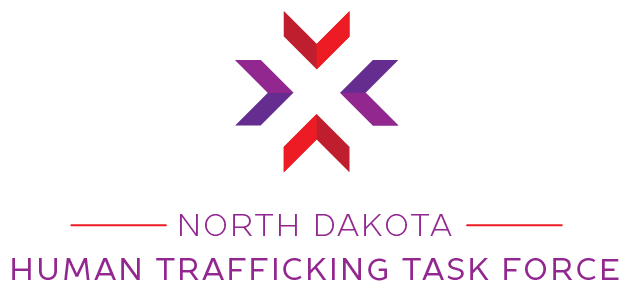Labor Trafficking in North Dakota: What You Should Know About the H-2A Guest Worker Program
North Dakota is no stranger to agricultural success — but behind every field harvested is a labor force that often goes unseen, and sometimes, unheard. Many of the workers who support our state’s farming and food production come on H-2A guest worker visas, a federal program intended to supply seasonal labor when domestic workers are unavailable.
But with that system comes vulnerability — and in some cases, labor trafficking.
What Is the H-2A Visa Program?
The H-2A program allows agricultural employers to hire foreign workers for seasonal jobs if they can show a lack of available U.S. labor. Employers must provide housing, transportation, and an employment contract detailing wages and working conditions.
While legal on paper, in practice the program can create an imbalance of power — and North Dakota is not immune.
Labor Trafficking: What It Looks Like in Our State
Our Labor Trafficking Specialist at the North Dakota Human Trafficking Task Force (NDHTTF), Rwatie Matsika, monitors regional trends and offers support to potential victims. Based on recent cases in North Dakota, here’s what we’ve seen:
Most labor trafficking cases involve foreign nationals on H-2A visas or other temporary work permits.
Many are recruited by middlemen or subcontractors — some of whom charge illegal fees, withhold documentation, or misrepresent working conditions.
Victims may live in overcrowded housing, work far longer hours than promised, or be denied access to food, medical care, or fair wages.
The majority of victims are reluctant to speak with law enforcement or even service providers — often out of fear of retaliation, deportation, or blacklisting from future work.
Some disappear or leave the state, making it difficult to provide help or build trust.
In recent years, labor trafficking in North Dakota has expanded beyond the hospitality sector to include agriculture, oil and gas, construction, and even domestic work in private homes.
Why It's Hard to Speak Up
Even when workers are brought into the U.S. legally, their immigration status is tied to a single employer. If that employer is abusive, quitting or reporting mistreatment often means losing the legal right to stay — a dangerous catch-22.
Other barriers include:
Language differences, especially for Indigenous-language speakers
Physical isolation on rural properties
Lack of access to phones, internet, or transportation
Misinformation or fear of authorities
As Rwatie notes, “Many of the individuals we meet express deep uncertainty and fear. Even those who begin to open up may change their minds before support can be provided.”
Trafficking vs. Exploitation: What’s the Difference?
Some cases fall under labor exploitation — such as wage theft or housing violations — but do not meet the legal threshold of trafficking, which requires evidence of force, fraud, or coercion.
Yet even in these cases, the harm is real. In 2023, nearly all labor trafficking cases reported in North Dakota involved:
Unpaid or underpaid wages
Unsafe or overcrowded housing
Manipulation through fear or misinformation
Victims with little or no ability to change their situation
What North Dakotans Can Do
We all have a role to play in preventing labor trafficking in our state.
Be aware
If you work in agriculture, construction, or energy — know who’s on your site.
Look out for individuals who seem controlled, isolated, or fearful of interaction.
Report suspicious situations to a regional NDHTTF Navigator (see Contact Us).
Support trust-building efforts
NDHTTF works closely with law enforcement, nonprofits, and Tribal leaders to support victims — but trust takes time.
If you’re a service provider, join our training sessions or case staffings to stay connected.
Continue learning
National Farmworker Ministry provides educational resources on H-2A systems and exploitation.
Cierto and similar groups advocate for ethical recruitment and transparency in farm labor.
Ask where your food and products come from — and support employers committed to ethical hiring.
Final Thoughts
Labor trafficking isn’t just something that happens "somewhere else." It happens here — in North Dakota’s fields, homes, and job sites.
By staying informed and connected, we can begin to protect those most vulnerable, build better systems, and ensure that everyone working in our state has the safety and dignity they deserve.
📞 For help or to report a concern, visit www.ndhttf.org/contactus

